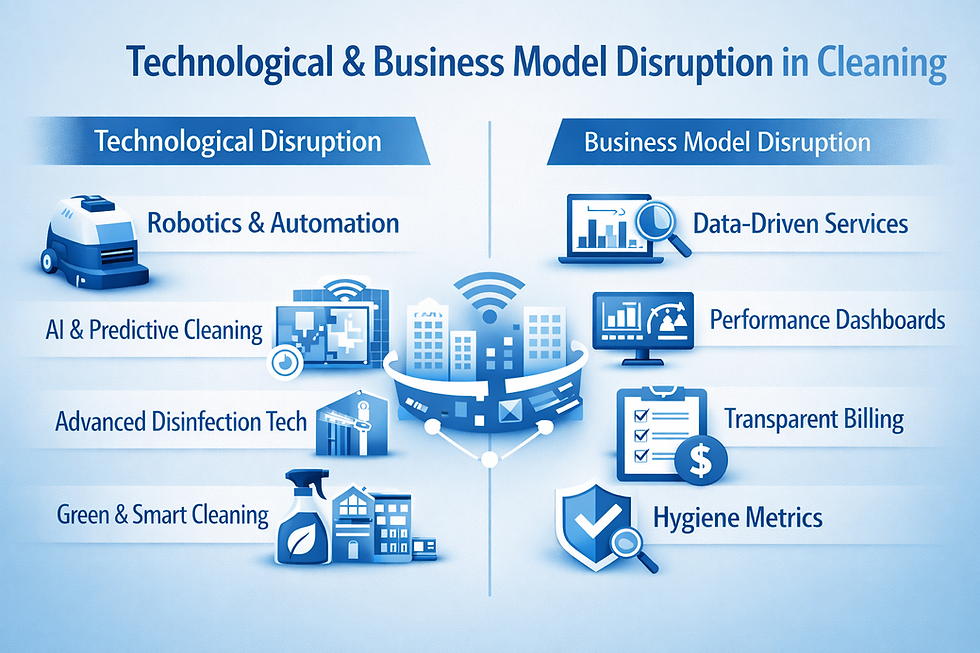Three biggest Trends to dominate 2022
- ddonnelly0
- Jan 20, 2022
- 1 min read
Looking at ‘green’ cleaning, the research found three key areas that businesses believe to be of greatest importance to improving sustainability. These are reducing plastic waste (75%), using products made from recycled materials (60%), and implementing more reusable products into cleaning regimes (55%). The shift towards sustainability, the outcomes of the COP26 conference and changing legislation such as the incoming plastic packaging tax in the UK require to be considered.
At Glen we see this as a really positive step forward, we have made sustainability a priority, and consider that using the latest product innovation and technology is key to the future.
Although we have vastly reduced packing, particularly in our Solupac products, we continue to explore alternative products that will support our business targets for reducing plastic waste. Prioritising procurement of products made from recyclable materials, or those that offer multiple uses will help to reduce our overall environmental impact, but the efficacy of a product must be tested against the requirements of the cleaning task to ensure it delivers optimum cleaning and hygiene performance.
Infection control measures are now part of our daily cleaning regimes and have undoubtedly helped to reduce the transmission of the virus. When considering the visibility and frequency of cleaning, one in five businesses (20%) believe this will be the biggest trend for the cleaning industry in 2022. Demonstrating just how much public perceptions of cleaning have shifted to relying on the presence of janitorial staff.




Comments